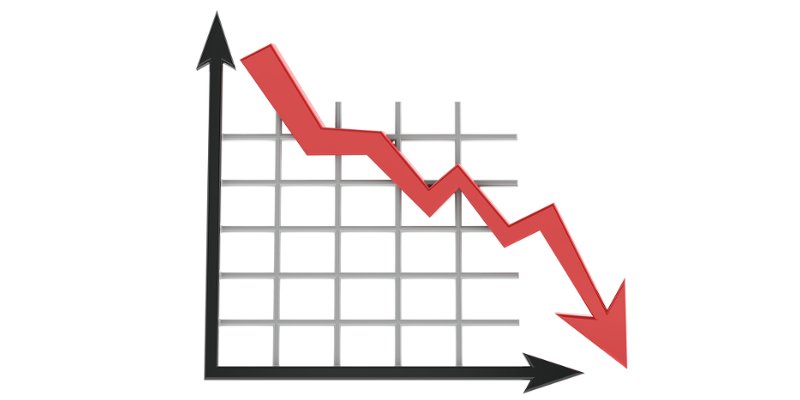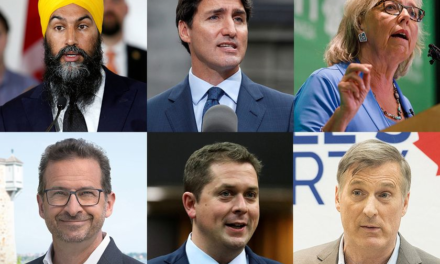UPDATE:
Stocks plummeted Wednesday in another volatile session as Wall Street grappled with the rapid spread of the coronavirus as well as uncertainty around a fiscal response to curb slower economic growth from the outbreak.
The Dow Jones Industrial Average traded 1,300 points lower, or more than 5%. The S&P 500 slid 4.6% while the Nasdaq Composite dropped 4.4%.
“We can see the panic in the equity market,” said Jerry Braakman, chief investment officer of First American Trust. “The big question for most people is, are we at the bottom yet? I think we’re only about halfway there.”
The World Health Organization declared Wednesday the outbreak a global pandemic. The number of coronavirus cases around the world totaled more than 100,000, according to data from Johns Hopkins University. In the U.S. alone, more than 1,000 cases have been confirmed. This increase in cases added to fears of a global economic slowdown and have increased calls for government intervention.
Original post: Dow falls 800 points in wild day of trading
Via – CNBC
Stocks plummeted Wednesday in another volatile session as Wall Street worried about talks over a fiscal stimulus package aimed at curbing slower economic growth due to the coronavirus outbreak.
The Dow Jones Industrial Average traded 870 points lower, or 3.5%. The S&P 500 slid 3% while the Nasdaq Composite dropped 2.8%. Earlier in the day, the Dow traded more than 1,100 points lower.
Those losses put the three averages closer to entering bear-market territory. The Dow was 18.2% below its all-time high set last month while the S&P 500 was 17.5% under its record. The Nasdaq traded 17.4% off an all-time high set on Feb. 19.
David Kostin, Goldman’s top U.S. equity strategist, thinks the current bull market — which is the longest on record — will end soon. “Investors have cut their equity positions in recent weeks, but not to levels reached at the trough of other major corrections this cycle.”
President Donald Trump suggested Tuesday a 0% payroll tax rate that could last until the end of the year. However, the timing of such policies being implemented remains uncertain. Sen. Chuck Grassley, who heads the Senate Finance Committee, said such a tax cut needed to be examined.






Recent Comments